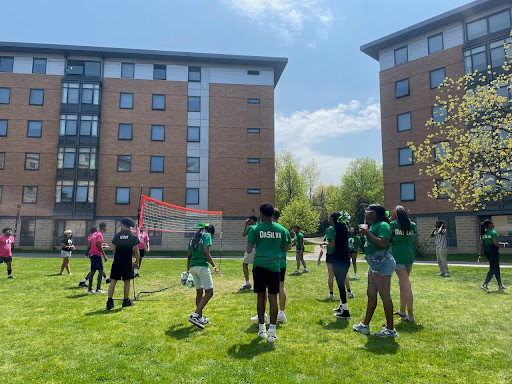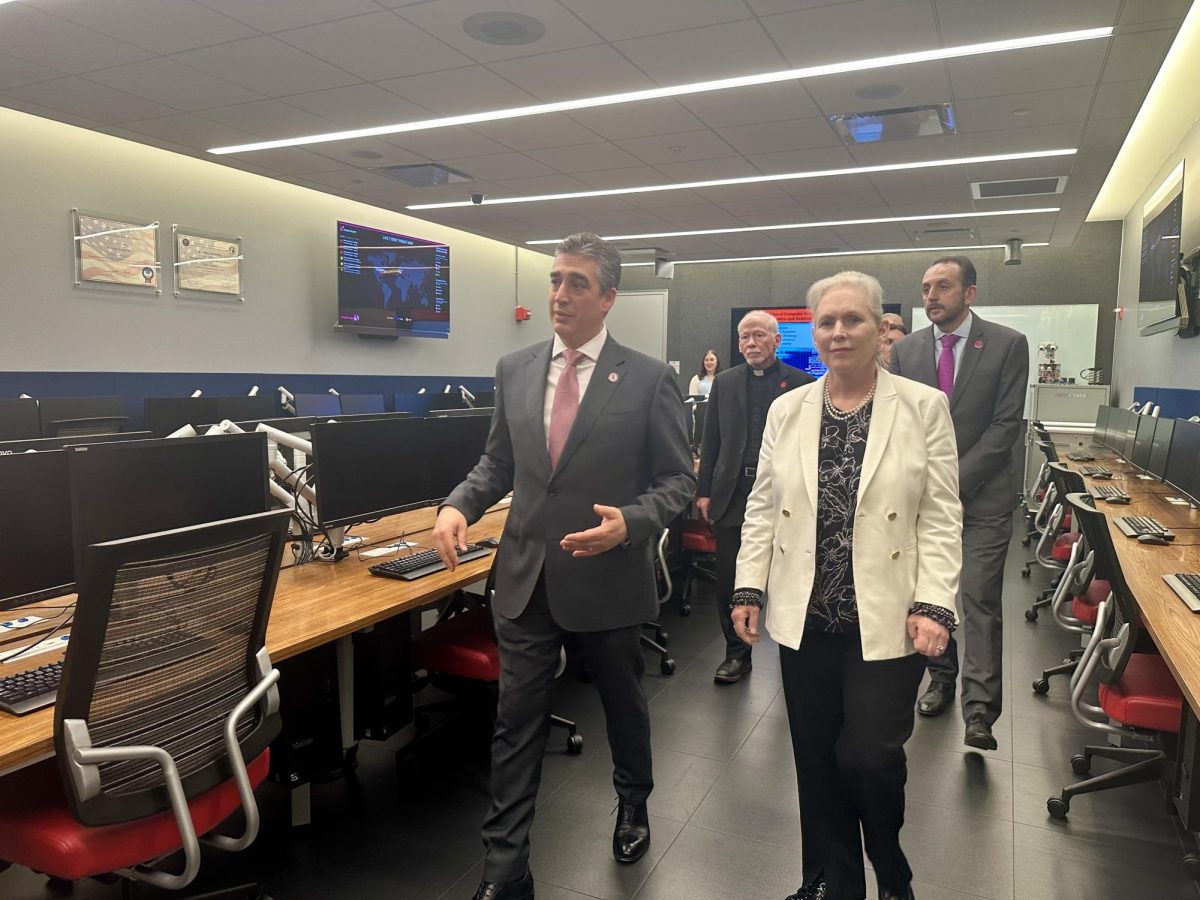The annual course evaluations were sent out by the Provost’s Office, and as usual there was debate over the effect they may or may not have on the classes and professors that are graded.
The popular opinion among students is that the evaluations are tedious and have no effect on future classes, but the administration says that they take them into consideration in improving classes to benefit students.
Provost Dr. Julia Upton encourages students to fill out the online course evaluations in order for courses to improve, if necessary. “We’re trying to increase the participation rate because if only 15-percent of the class thinks something, the Professor isn’t going to really pay that much attention to it. When 75-percent of the class says something, then that really has an impact,” she said.
Some students said they do not feel as if their voices or suggestions are being heard when filling these out.
Teresa Abulafia, a junior English major, voiced her opinion on the impact of student course evaluations. “The course evaluations, there are so many, hundreds of courses in the University that there’s no way that, if you said, this is the worst Professor in the entire University, it wouldn’t make a difference,” she said.
Kevin Poon, a senior, commented on this subject matter. “I just breeze through it because I know it’s going to make no difference really,” he said.
Most of the professors, on the other hand, find the evaluations to be very helpful and really do consider the comments and suggestions that are submitted to them at the end of the semester.
Dr. Jason Costanzo, a Philosophy professor, said he uses the evaluations every semester to enhance and improve the courses he teaches. “I usually tend to read the evaluations myself and I will change parts of the class based upon the observations made by some students in the evaluations,” he said. “It kind of keeps you on your toes,” he added.
Some professors will even encourage students to bring their laptops to class and fill them out to ensure completion. Since names are not given and professors receive them after final grades are submitted so there aren’t any direct or personal affects on the grade itself.
Although the evaluations have no effect on the students currently taking the classes, professors are saying they will benefit prospective students in receiving a better education. They can also help professors get assigned to classes they may feel comfortable teaching.
Upton explained how a chairperson or a dean would use the evaluations to make decisions. “Sometimes, the chairperson will notice, ‘well the undergrads rate the course very poorly but graduate students think the person does really well, so maybe this professor isn‘t suited to teach undergrads and we should have him/her teaching upper division courses or grad courses,’” she said.
“Tenure is not supposed to guarantee that terrible professors stay forever,” Dr. Upton said. “The information is used in how the courses are assigned,” she concluded.



















